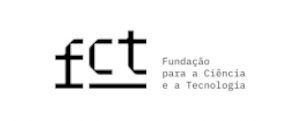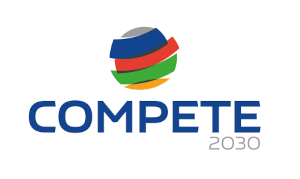Projects

Permanent Projects
Future Weather Generator
The Future Weather Generator (FWG) is a permanent project of CURA Lab, dedicated to the continuous development and maintenance of the FWG package, its website, and source code. Leveraging CURA Lab’s computational resources, the project ensures that FWG remains a robust and reliable tool for generating future climate data. Beyond development, we provide ongoing support to the research and professional community through our dedicated Helpdesk, reinforcing FWG as a shared platform for advancing climate-resilient design and analysis.
Private Funding Projects
LLM-Driven Sustainable Community Design
This project will develop a proof-of-concept tool, LLM-Driven Sustainable Community Design, designed to advance climate-adaptive and energy-efficient urban planning. The project addresses the pressing challenges of climate change and rapid urbanization, where traditional planning methods struggle to incorporate real-time adaptation and optimize energy performance. By integrating large language model (LLM)-based agents with established simulation tools — EnergyPlus for building energy behavior, the Future Weather Generator for climate scenarios and urban heat island effects, and a generative algorithm for interior space configurations — the system will iteratively generate and refine urban and architectural layouts according to sustainability criteria.
Competitive Public Funding Projects
RESILIENCE — Residential Energy-Efficiency Strategies Incorporating Lifecycle Sustainability and Circular Economy
The RESILIENCE project aims to bridge existing gaps in energy efficiency assessment methodologies by adopting a comprehensive and integrated approach that considers the entire life cycle of energy-efficient technologies, incorporates circular economy principles, and provides decision-makers with the tools they need to select the portfolios of measures that will be targeted by the energy efficiency programs. Duration: from July 2025 to June 2028.
Supported by the Portuguese Foundation for Science and Technology (2023.17768.ICDT) and European Regional Development Fund (COMPETE2030-FEDER-00888800).


CLING — Climate Change-based Building Design Guidelines
Global warming threatens cities with higher temperatures, poor indoor air quality, and health risks, while current building designs risk becoming inefficient and prone to overheating. Rising global temperatures will reduce heating needs but increase cooling demand, especially problematic in fossil fuel-based energy grids due to higher emissions. The CLING project addresses these challenges by selecting and downscaling Intergovernmental Panel on Climate Change (IPCC) scenarios through a novel “morphing” technique that refines climate data for building simulations. Using deep learning and dynamic modeling, the project will generate and analyze diverse building types, accelerated by surrogate neural-network methods, to assess thermal and energy performance under future climates. Results will inform new climate-responsive design guidelines, mitigation and adaptation strategies, and resilience measures. Alongside training and outreach, the project aims to guide global building design, support policymaking, and advance UN Sustainable Development Goals (SDGs 11 and 13) through sustainable, future-proof construction practices. Duration: from January 2022 to December 2025.
Supported by the Portuguese Foundation for Science and Technology (PTDC/EME-REN/3460/2021).

